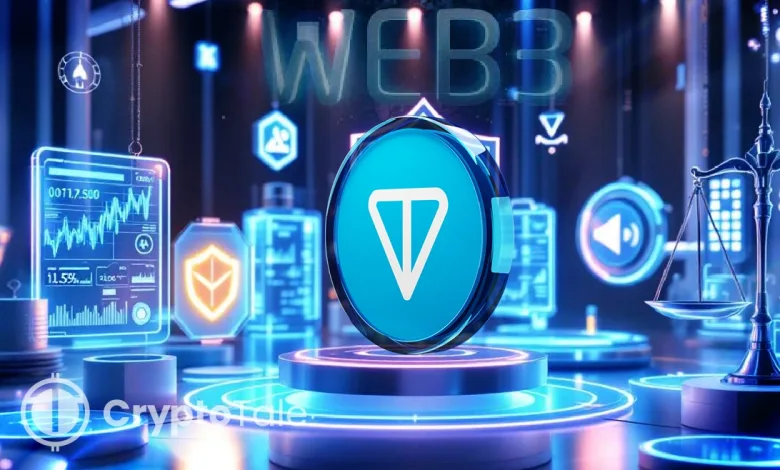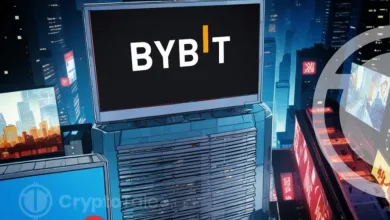TON Foundation Faces Branding Risk After Intern Scandal

- A TON Foundation intern used official branding to promote a personal meme token.
- The Foundation terminated the intern’s role following concerns over token promotion.
- The case highlights brand governance risks for Web3 projects facing insider misuse of trust.
The TON Foundation has faced an unusual controversy after an intern used its branding to promote a personal meme token. The intern created a meme token on the Pump.Fun platform and promoted it via X. Since the account displayed a TON badge, it confused the community, raising concerns about possible official involvement.
During live streams, the intern talked about the future of the token, reinforcing perceptions of a connection to TON. However, after the promotion started, the posts were removed, the live stream was discontinued, and the project was abandoned with no further updates. Although the activity was personal, the overlap with TON branding gave the impression of endorsement.
Foundation Responds with Termination
Following the confusion, the TON Foundation clarified that it had not initiated, approved, or supported the token in any form and stressed that the promotion conflicted with its principles of accountability and transparency.
In its X post, the Foundation revealed that the intern handled the official X account of the firm. It also shed light on the person’s personal account, which had the firm’s badge and stated that the overlap had created an impression among the community of a token launch from the Foundation.
Emphasizing that such actions violated its standards for anyone representing the organization, the Foundation confirmed that the intern was dismissed and would no longer be affiliated with the Foundation. The firm also appreciated members of the community for raising the matter and highlighted its commitment to transparency.
The incident garnered attention and reflected on how decentralized projects must manage brand governance and employee responsibilities. In Web3, an individual can influence market perception in minutes. The boundaries between personal and organizational accounts increase reputational risks for foundations.
Experts note that this situation raises broader questions for decentralized organizations. How would the DAOs and foundations protect the brands without centralization? How can the misuse be minimized and simultaneously respect decentralization? Researchers point to the need for clear social media guidelines and rapid crisis management.
Related: Charlie Kirk’s Death Sparks Controversial Crypto Tokens
Broader Branding Risks in Web3
The TON incident highlights challenges that most blockchain projects have. Insiders often hold roles across multiple channels, making accountability complex. A single misstep can trigger market confusion, damaging community trust.
Decentralized ecosystems depend heavily on public confidence. Any suggestion of insider endorsement, even accidental, can influence trading behavior. This makes enforcement of brand governance critical for the health of token economies.
The Foundation’s decisive action may reduce damage in the long term, but the episode highlights continued weaknesses, pointing out how decentralized networks can have global implications for the actions of a junior employee.
TON continues to position itself as a leading blockchain for payments and applications. Its growth strategy is based on community trust and clear communication. The Foundation restated that accountability and transparency are still core to its operations.
The incident shows that decentralized ecosystems must continue refining governance models. As Web3 expands, projects will need stronger mechanisms to protect branding and maintain trust in rapidly changing digital markets.




